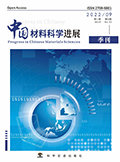参考文献
[1] 崔航, 王思琪, 郭世好, 等. 水凝胶的制备及应用进展[J]. 化工新型材料, 2021, 49(S1): 47-51.

